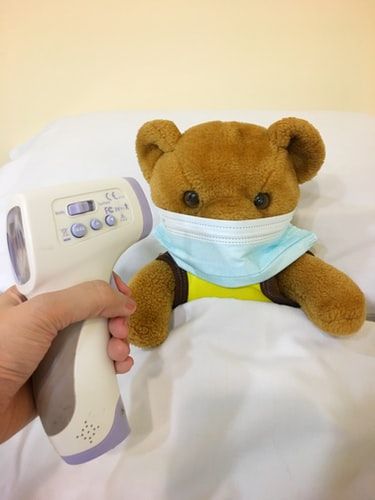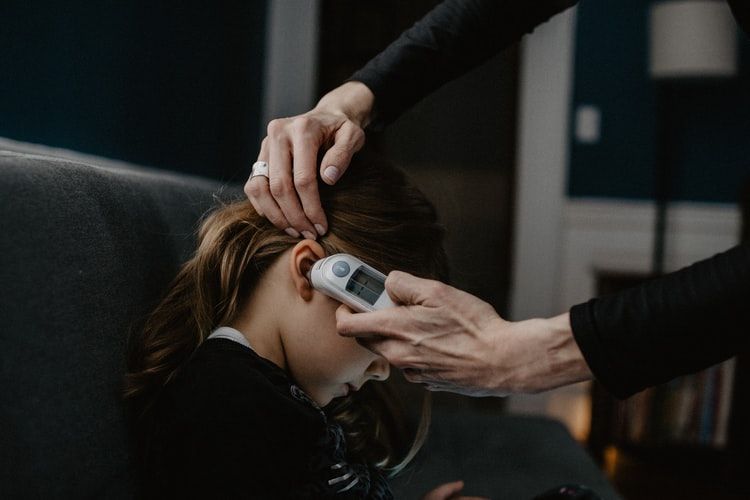By Amelie Heimann, Second Year, Biochemistry
Pioneering research by the University of Bristol is stepping up to investigate the experiences of children who suffer with long COVID.
The recent report is the first step in a ‘COVID-19 testing in schools’ study to obtain opinions and experiences about long COVID. Study participants, consisting of young patients with long COVID, their families and paediatricians, all expressed that this pandemic is ‘something we will never get away from’.
Patients suffering with long COVID face chronic debilitating symptoms of extreme tiredness, sickness and headaches which affect their daily reality in the aftermath of the pandemic. Currently, the National Institute for Health and Care Excellence and the NHS have published guidelines stating that the condition is a specific set of symptoms that persist for three months after the initial infection of the virus.

However, doctors interviewed in the study conveyed their discontent at the clinically misunderstood nature of the condition, expressing a lack of clarity as to whether long COVID is separate from other known conditions such as post viral fatigue.
Caroline Relton, Professor of Epigenetic Epidemiology and Director of the Bristol Population Health Science, stated that ‘long COVID in children remains poorly defined’. Families felt that their children were displaying more symptoms than defined on the NHS website. The arguably vague representation of the condition by the health bodies could be a causative factor for the underdiagnosis of long COVID in children.
Families within the study cohort often reported difficulty finding treatment and gaining diagnoses for their children. They shared similar experiences of feeling dismissed and some faced doctors who were sceptical of the condition.
‘Long COVID in children remains poorly defined’
Researchers have discovered that mothers in particular found it difficult to get treatment for their children as they felt that they were being perceived as ‘neurotic, troublesome [women]’ and were viewed as ‘hysterical’, perhaps highlighting a wider problem of institutional sexism within the NHS. It appears that long COVID symptom recognition may not be the only issue that needs to be tackled in order to improve healthcare for children suffering with long COVID.
The study will continue to further investigate other aspects of long COVID in children, focusing on the impact of reinfection and the management of the condition. Researchers plan to gain additional data from electronic patient records and collaborate with the Covid-19 Mapping and Mitigation in Schools (CoMMinS) study.
University of Bristol researchers encourage doctors to “share uncertainty” regarding Lateral Flow Device tests
Long COVID - who gets it and how can we treat it?
This ongoing Bristol research is a great step forward in shedding light on the work that still needs to be done within the healthcare system and schools in order to help provide better care for those young people with long COVID.
Featured Image: Unsplash/Kelly Sikkema
Do you continue to suffer from long COVID?









